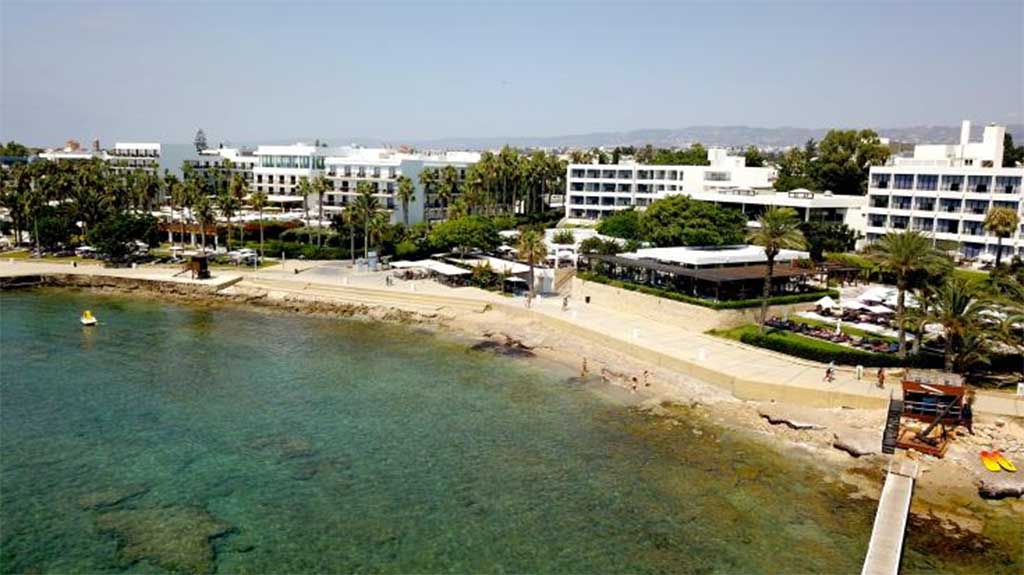Hotel occupancy rates ranged from 75 to 80 per cent during the Kataklismos long weekend, amidst staffing issues and persisting concerns over high operating costs which one industry expert said left some hoteliers in huge debt.
Across the island, hotels were operating at an average of 75-80 per cent capacity, with the more popular choices being those situated near the beach and the mountains over the long holiday weekend. Tourist accommodations in Nicosia recorded the least number of bookings.
In Paphos, some hotels were at full capacity but hoteliers in the costal city still suffer due to high operating costs, the head of the Paphos hoteliers association Evripides Loizides told the Cyprus News Agency.
This year may look better, but hotel owners are facing very big challenges of high expenses that have accumulated in recent years and will not “be saved” so easily, he said.
Many hotels “have been saddled with huge debts” he noted.
“Revenues have reached last year’s levels, but expenses are many times higher plus interest on loan repayments which have doubled,” the hotelier said.
He added that there is a high availability in some hotel units and that May recorded a very good start, but bookings decreased towards the end of the month. Occupancy rates in Paphos were in the 70-75 per cent range for May, he said.
Regarding June, Loizides said there are bookings but noted that in general this month “is not of high demand for tourism.”
Most bookings are coming from the British market but bookings are also being recorded from Poland and Israel.
Apart from the high operating costs, the hotel industry is also facing an issue with finding and training staff.
Shortages of properly trained staff emerged after the Covid-19 pandemic, the former president of the Paphos hoteliers association Thanos Michaelides said last month. He noted that the difficulty in finding hotel workers affected the quality of services offered with hoteliers considering to change the way they operate and the services they offer.
In an effort to address this problem, the head of the association of entertaining centres (Osika) Neophytos Thrasyvoulou on Monday said a meeting was already held with the labour minister.
He explained the problem concerns the students and asylum seekers employed at hotels.
The labour and interior ministers should make an arrangement for those asylum seekers who are employed and registered in the social security funds to extend their work permits for another six months, until the end of the tourist season, Thrasyvoulou said.
Third-country nationals seeking asylum in Cyprus had been granted work permits since 2019 during the pandemic period, but the applications of some of them has been rejected. Thus, Osika’s head said hoteliers are forced to train newly hired political asylum seekers.
But the specialisation of the staff in the food industry takes about one and half years, he noted.
This constant change of employees is bad for the development of the economy and for businesses, Thrasyvoulou said.







Click here to change your cookie preferences